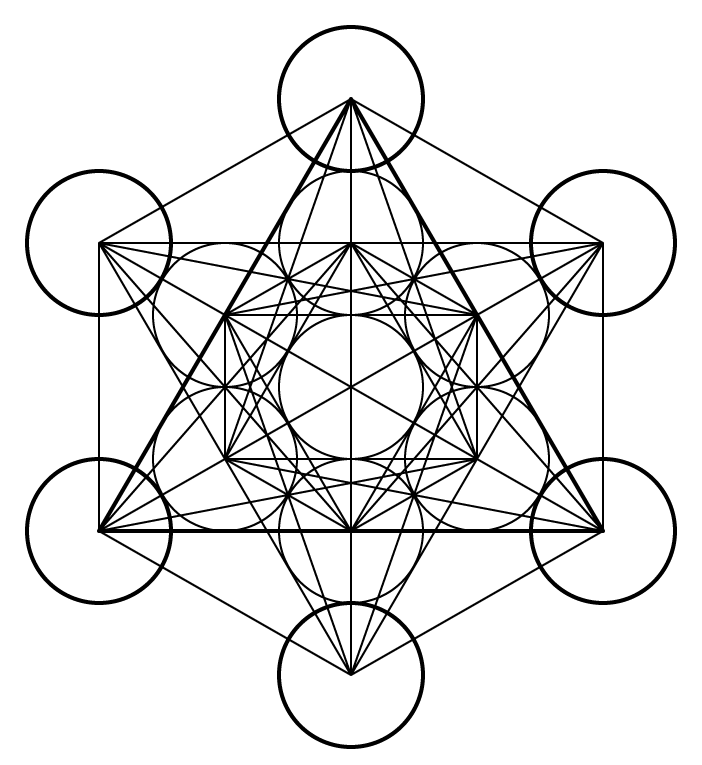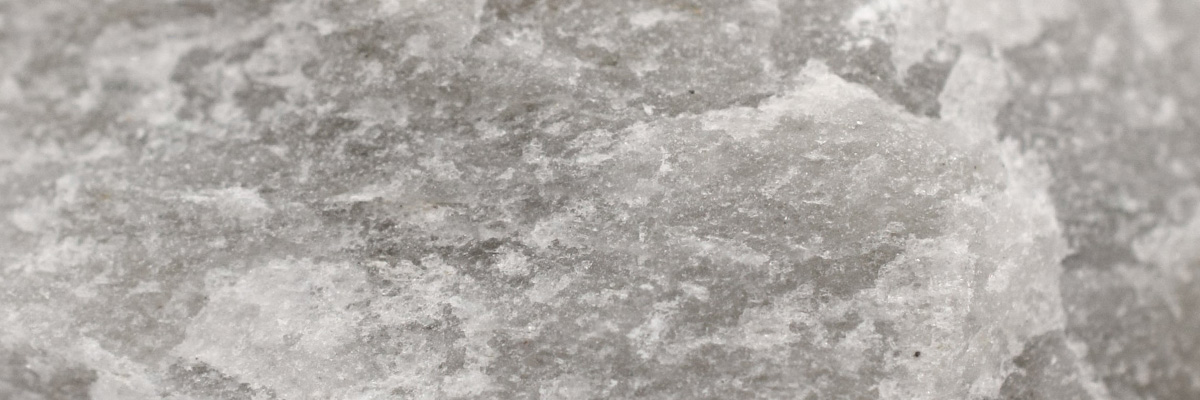Quartzite is a non-foliated metamorphic rock that originates from the metamorphism of pure quartz sandstone. Known for its remarkable hardness and durability, quartzite typically displays a granular texture and a range of colors including white, gray, pink, and green. Due to its attractive appearance and resistance to weathering, it is often used in construction and decorative applications such as countertops and floor tiles.
Mineral Makeup
Quartzite is composed almost entirely of quartz, a mineral composed of silicon and oxygen (SiO2). Due to the high quartz content, this rock exhibits a characteristic glassy luster and is highly resistant to weathering and erosion. The various colors found in quartzite result from the presence of trace minerals or other impurities within the original sandstone.
Origin
Quartzite forms through the metamorphic process when pure quartz sandstone is subjected to heat and pressure. During metamorphism, the quartz grains in the sandstone recrystallize, fusing together to create a dense, interlocking mosaic of quartz crystals. This transformation increases the rock’s hardness and durability, distinguishing it from its parent rock, sandstone.
Occurrence
Quartzite can be found worldwide in regions with significant quartz sandstone deposits that have experienced metamorphism. Some well-known occurrences of quartzite are found in the Baraboo Range of Wisconsin, the Appalachian Mountains in the eastern United States, the Canadian Shield, and the Proterozoic basins of Brazil and South Africa.
Metaphysical
Quartzite is believed to possess various metaphysical properties, including amplifying energy, enhancing spiritual growth, and promoting clarity of thought. It is thought to help individuals connect with their higher self and access their inner wisdom. Quartzite is also considered a stone of strength and resilience, supporting individuals during challenging times and aiding in personal transformation.
| Class | Metamorphic (Non-foliated) |
| Mineral Makeup | Predominantly quartz |
| Luster | Vitreous |
| Hardness (Mohs) | 7 |
| Streak | White or colorless |
| Color | White, gray, pink, green, or other colors depending on impurities |
| Cleavage | None, due to its granular texture |
| Specific Gravity | 2.6 to 2.7 |


